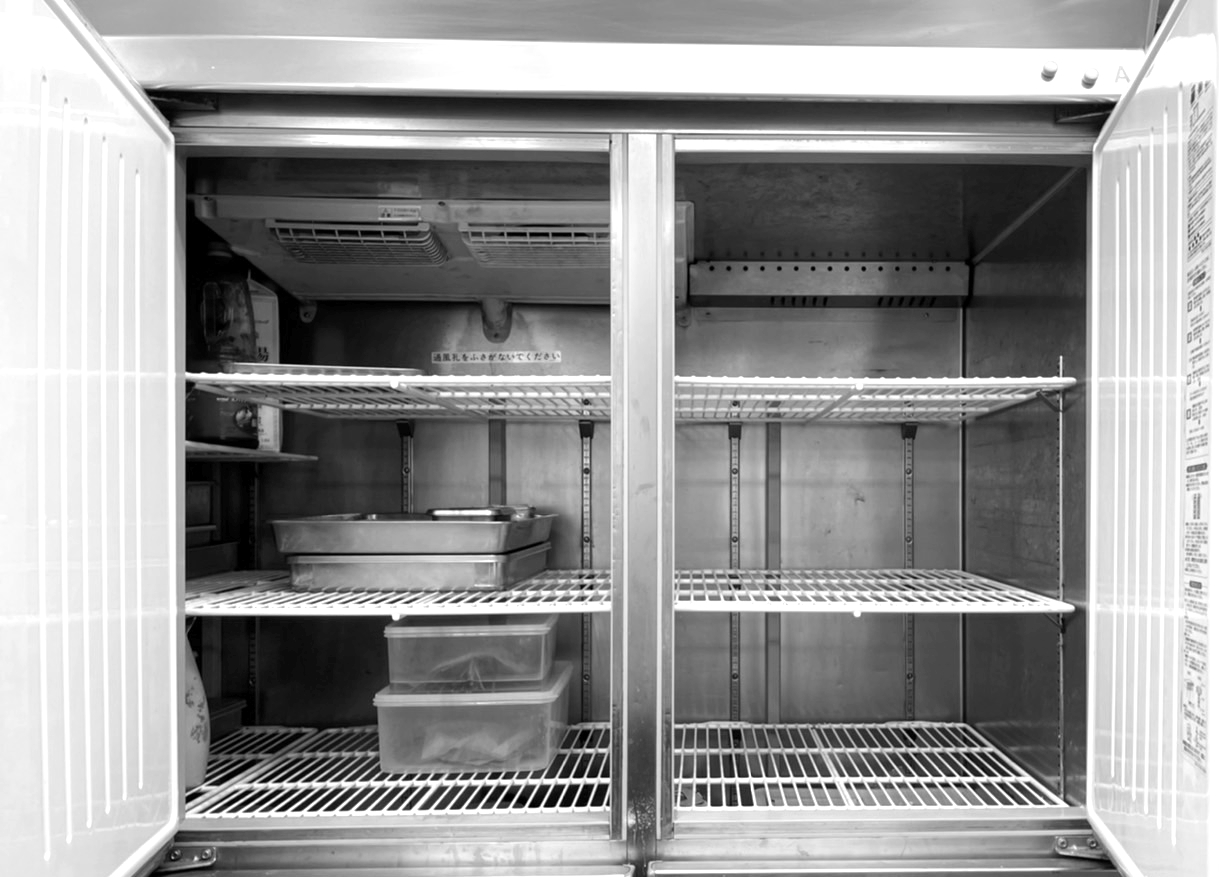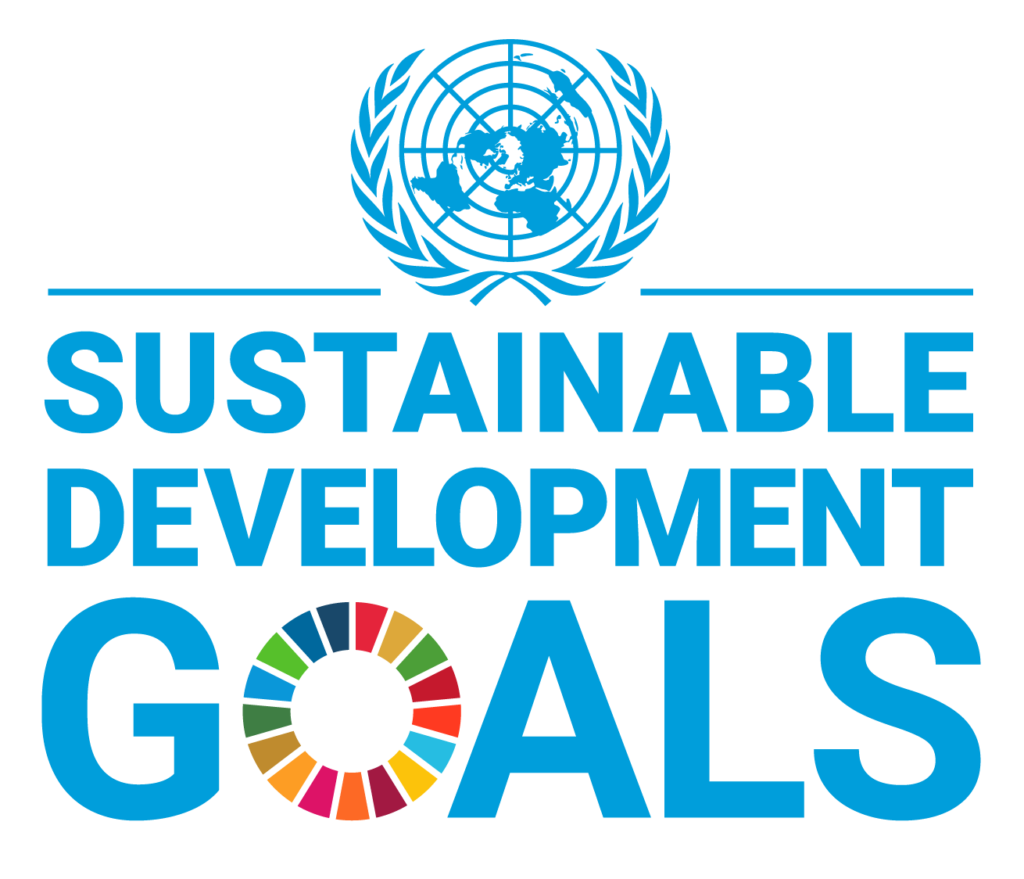Commitment to SDGs ①~Food Loss and Waste~

We have now eight years remaining until the deadline for achieving the 17 Sustainable Development Goals adopted in the United Nations Headquarters, New York, September 2015. Although Beniya Mukayu is one of the small ryokans in Kaga, Yamashiro Onsen, we are committed to the fundamental philosophy of “leaving no one behind,” and are reviewing our daily operations to fulfill our social responsibility.
We would like to share with you our efforts to reduce food waste and loss.
Under the supervision of Chef Hiroaki Kaku, many staff members at Beniya Mukayu handle a large number of foodstuffs every day. When you look into the refrigerator, you will find that it is never full of foodstuffs. As a ryokan, we sometimes expect to have some guests checking in on short notice, or to change the menu for those with allergies. We have to stock the minimum amount of ingredients to deal with such cases, but still we make our best not to stock as much as possible since, we believe, appropriately limiting the amount is the first step toward reducing food waste.
Throughout our nearly 100-year history, we have always valued the local history, culture, and connections with the residents. Based on the trust that has been built up over time, we are able to achieve “a refrigerator that is not always full” by working closely with local agricultural producers, fishermen, and distributors.

As pointed out in the preamble of the agenda unanimously adopted in 2015, the 17 goals and 169 targets are interrelated, and the SDGs are intended as a project in which the pursuit of any one of them will eventually lead to the whole, integrating economic, social and environmental aspects in harmony.
For instance, the case introduced here leads to the targets such as. . . :

2 “No Hunger”
・To increase productivity and income of small-scale food producers.
・To ensure sustainable food production systems.
Or,

12 “Securing Sustainable Production and Consumption Patterns“
・To halve food waste at the retail and consumption level and reduce food loss in the production and supply chain by 2030.
・Awareness and practice of sustainable development and lifestyles in harmony with nature.
・Sustainable tourism that creates jobs and promotes local culture.

14 “Protecting the Sea”
・To conserve and sustainably use marine resources for sustainable development.

15 “Protecting the Land”
・To protect, restore, and promote sustainable use of terrestrial ecosystems.
Each enterprise is expected to take a comprehensive perspective. We will accordingly, together with the local stakeholders, fulfill our responsibility to protect the local society, economy, and culture.





